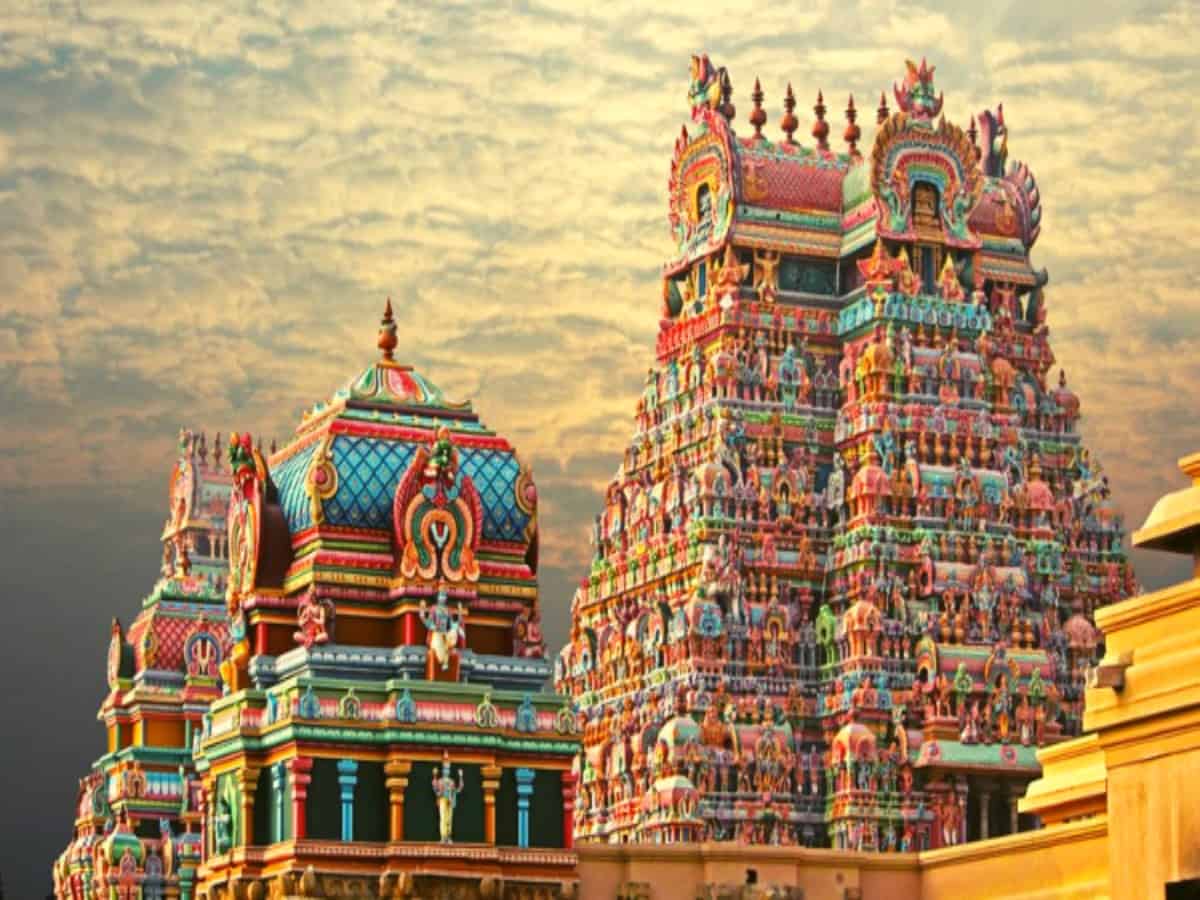Chennai: In a bold move towards gender equality, the minister of the Hindu Religious and Charitable Endowments (HR and CE) Department announced that women who wished to be priests can now do so after receiving necessary training for the position.
The women who are trained in Agama Sastras, a manual for rituals, worship, temple building, and other things, can be deployed as priests with the Chief Minister MK Stalin’s approval. This announcement by HR and CE minister PK Sekar Babu on Sunday, a day after his statement of allowing female priests, drew mixed reviews.
“When media persons asked me (on Saturday) whether women will be allowed to take up the role of temple priests, I said those who are trained in Agama Sastra will be allowed. If there are requests or grievances from women who would love to take up the role of temple priests, we will definitely consider them. The criteria would be their expertise in Agama tradition. If there are such requests, they may be given necessary training and interviewed before we absorb them,” Sekar Babu said in an interview with The Indian Express.
The women would be able to take a leave from the temple rituals for five days every month to accommodate their menstrual cycle.
The development came forth in response to a reporter’s question when the HR and CE department was discussing the government proposal of an ‘all caste archaka’ scheme that would enable people from any caste to become priests. The scheme will come into effect within 100 days, according to the HR and CE minister.
There was a divided response from social media, some hailing female priests as a welcome progress in a formerly restrictive social order, and others disavowing it entirely.
Both Kerala and Tamil Nadu already house some female priests in temples for subcultural deities, away from the mainstream. There is no official government order which allows this, but it is generally accepted in these temples.
Contrary to Tamil Nadu, where several women seek permission to be priests, the State Devaswom boards of Kerala saw no female applicants for over 2000 temples under its administrative control, The Hindu reported.
The inclusion of all members of the faith into the sanctity of the temple and priesthood is a huge step forward which seeks to ensure that obsolete cultural barriers are broken down.

